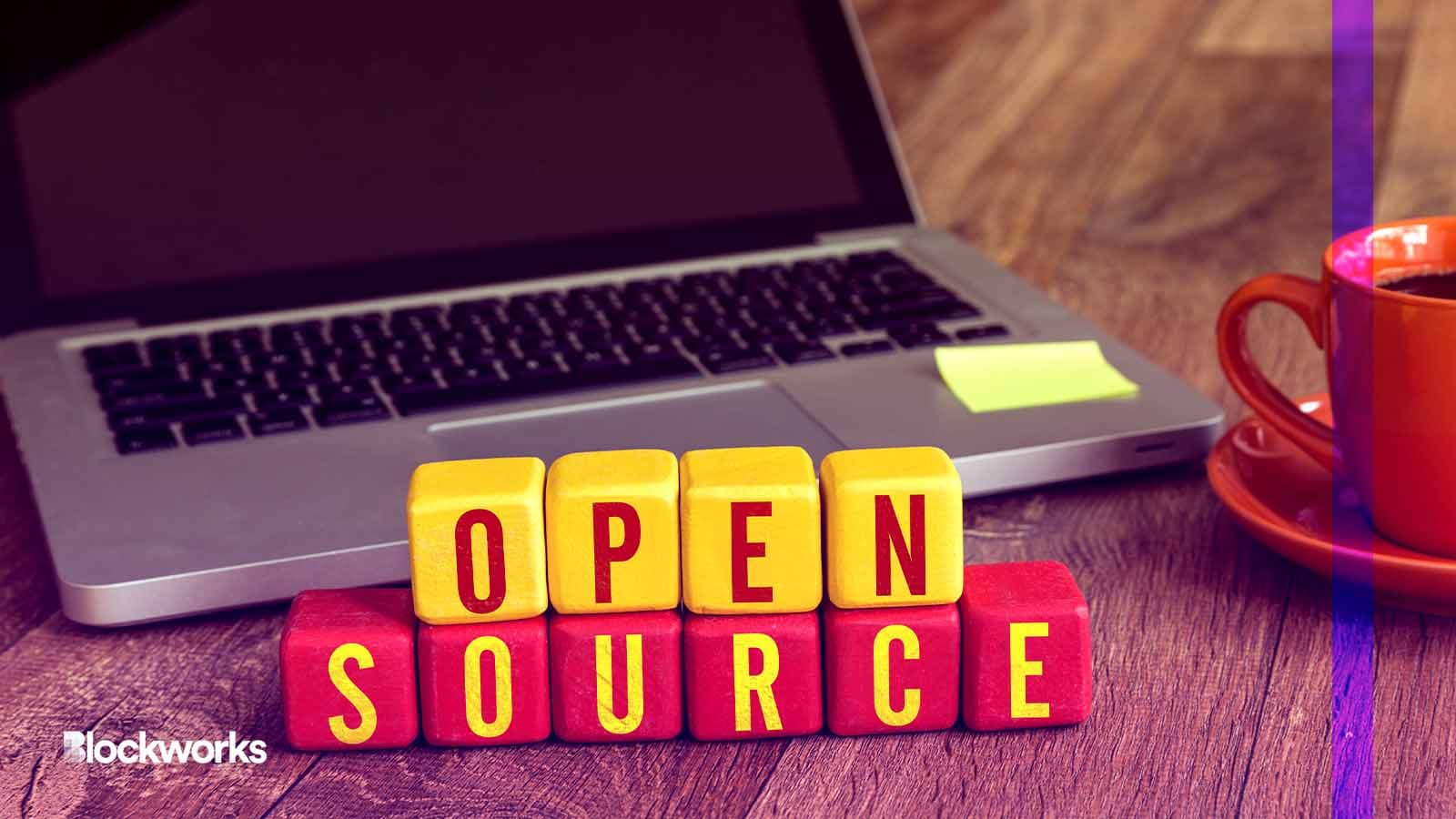StarkWare moves to open-source its prover
Moving one step closer further along the decentralization spectrum, StarkWare opens up what they call the “magic wand” of Starknet

ESB Professional/Shutterstock modified by Blockworks
Six months ago, StarkWare promised to open-source their STARK prover.
Now the team is making good on the pledge. The prover is a core piece of technology underpinning the Starknet zk-rollup, which StarkWare released on mainnet in 2021, and gave a major upgrade in July.
Ethereum’s scaling roadmap relies on moving transaction execution off of mainnet onto rollups, which bundle bunches together. Zk-rollups submit proofs of transaction batches, thus saving scarce blockspace on the Ethereum network.
The prover is “a vital component within our tech stack,” StarkWare president and co-founder Eli Ben Sasson told Blockworks. “We view it as the magic wand of STARK technology, [that] plays a key role in helping to scale Ethereum.”
The company said the move “is a major step forward in decentralizing Starknet” in a blog post published Tuesday.
Polygon was the first to open-source their prover, albeit using the AGPL v3 open-source license. Matter Labs has pledged to follow-suit with its zkSync version.
Read more: Polygon and Matter Labs compete on zkEVM rollups
A spokesperson for Polygon declined to comment on StarkWare’s latest initiative. Matter Labs couldn’t be reached by time of publication.
Starkware has previously been criticized for having a closed-source prover, although open-sourcing this component was always a goal. In February 2023, StarkWare’s commitment became more concrete, as the company stated it would use a more permissive Apache 2.0 license.
“Open-sourcing the Starknet Prover will allow more eyes to review the code, improve its quality, help detect bugs, and provide transparency,” StarkWare wrote at the time.
By following through on that aim, StarkWare lays claim to having “the most decentralized rollup stack,” including key infrastructure components, such as its programming language, Cairo, and multiple implementations of full nodes.
Starknet’s new sequencer “will also be open-sourced” according to the blog post, although a StarkWare spokesperson did not have a timeframe for that next step as yet.
Get the news in your inbox. Explore Blockworks newsletters:
- The Breakdown: Decoding crypto and the markets. Daily.
- 0xResearch: Alpha in your inbox. Think like an analyst.






